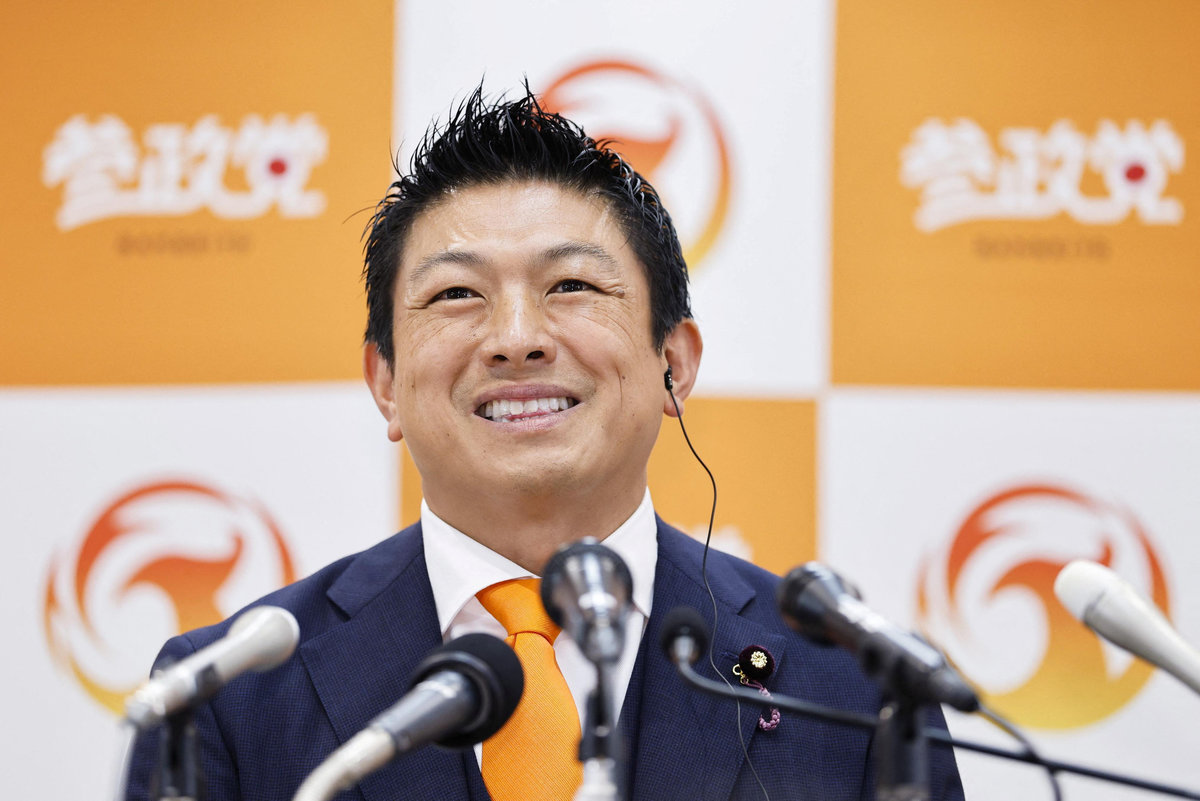TOKYO: The far-right Sanseito party has emerged as a significant force in Japan’s upper house election, capitalizing on anti-immigration rhetoric and promises of tax cuts and welfare spending.
The party, which began on YouTube during the pandemic, gained traction with its “Japanese First” campaign, securing between 10 and 22 seats, according to NHK projections.
Sanseito leader Sohei Kamiya, 47, clarified that the party’s stance is not about banning foreigners entirely but resisting globalism to rebuild Japanese livelihoods.
“The phrase Japanese First was meant to express rebuilding Japanese people’s livelihoods by resisting globalism. I am not saying that we should completely ban foreigners or that every foreigner should get out of Japan,“ Kamiya told Nippon Television.
Prime Minister Shigeru Ishiba’s Liberal Democratic Party (LDP) and its coalition partner Komeito are expected to lose their upper house majority, further weakening their position after a lower house defeat last October.
Analysts attribute Sanseito’s rise to voter frustration over economic struggles and rising living costs.
“Sanseito has become the talk of the town, and particularly here in America, because of the whole populist and anti-foreign sentiment. It’s more of a weakness of the LDP and Ishiba than anything else,“ said Joshua Walker of the Japan Society.
Immigration ranked fifth among voter concerns, with only 7% citing it as a major issue. However, Kamiya claims public opinion has shifted in his party’s favor.
“We were criticized as being xenophobic and discriminatory. The public came to understand that the media was wrong and Sanseito was right,“ he said.
Kamiya, inspired by former U.S. President Donald Trump, has drawn comparisons to Europe’s far-right parties but insists on forming alliances with smaller groups rather than working with the LDP.
Despite past controversies, including remarks on gender equality, Kamiya has moderated some positions and fielded female candidates to broaden appeal.
Sanseito’s strong online presence, with 400,000 YouTube followers, has amplified its anti-establishment messaging.
Kamiya sees the election as just the beginning, aiming for 50-60 seats to push policies forward. - Reuters









